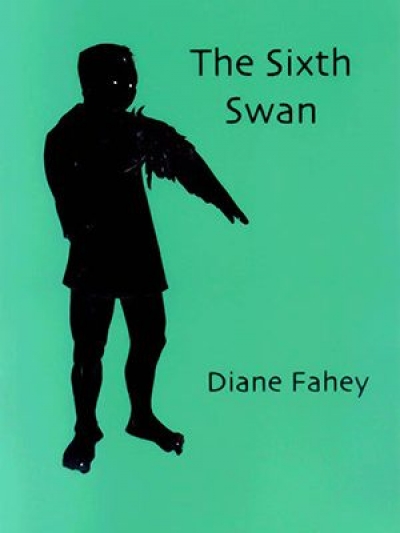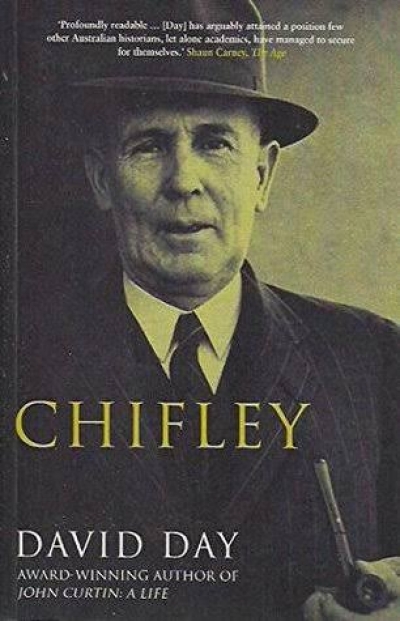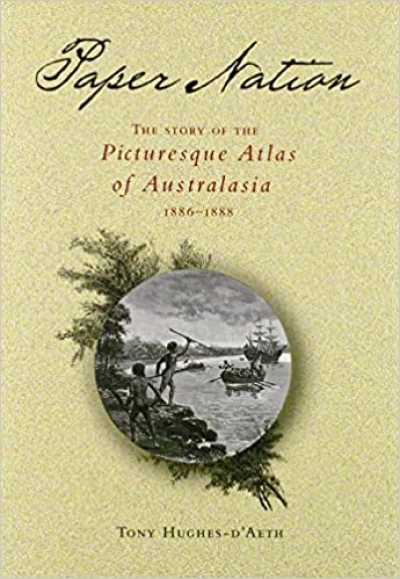Archive
ABR welcomes concise and pertinent letters. Correspondents should note that letters may be edited. They must reach us by the middle of the current month. Emailed letters must include a telephone number for verification.
Responses to Peter Craven
Dear Editor,
I expected a spray from Peter Craven in response to my review of The Best Australian Stories 2001, but such a display of self-importance from an editor and critic is alarming (‘Letters’, ABR, March 2002). I had imagined he would be willing to reflect on the poor reviews he received for the latest volumes of Best Essays and Best Stories and to consider the possibility that plumping up the books with samples of writing not yet ready for publication is not working.
... (read more)Occasionally, we bring you thematic issues. The April issue is a good example, the first half being devoted to art and art history. This seemed timely, because of the abundance of major publishing in this area and the energy and controversy generated by current debates about the genre.
... (read more)ABR welcomes concise and pertinent letters. Correspondents should note that letters may be edited. They must reach us by the 15th of the current month. Emailed letters must include a telephone number for verification.
Peter Craven responds to Hilary McPhee
Dear Editor,
As someone whose business it is to dish out criticism of books when required, I am not in the habit of replying to criticism. Recently, a journalist has suggested that I be put out to pasture as the editor of The Best Australian Essays annual I brought into being, and an academic has disputed my right to introduce the Quarterly Essays I commission. These are not, to my mind, happy or wise suggestions, but one can’t complain – they come with the territory. I edit the major collections of fiction and non-fiction that appear in this country. I also edit a series of more or less political pamphlets that have received their fair share of attention. On top of that, I have published a great deal of literary criticism in the press over the last however many years, some of it, by necessity, scathing. I am bound to have displeased and wearied all sorts of splendid people over that time.
... (read more)Welcome to our final issue for 2001! Our summer issue – arrestingly illustrated on the cover – is a double one, and longer than previous ones this year. Funds permitting, we hope to be able to publish more eighty-page issues in 2002, especially in the second half of the year, when so many Australian books, both general and scholarly, are published. This expansion allows us to add new features: ‘Best Books of the Year’ column (children’s as well as adult books); short fiction; and a ‘Summer Reading’ column, containing brief reviews of worthy titles for which we haven’t been able to find the wonted page or two. Columns such as ‘Best Books of the Year’, in which various critics nominate two favourite books of the year and one ‘surprise’, are certainly not intended to be the last word on the subject. Such columns are inevitably subjective. But it is interesting to hear from some of our regular critics and contributors about their assessment of quality publications here and overseas. If it points some readers to fine books they may have overlooked, I think it is worthwhile.
... (read more)Sneer tactics
Dear Editor,
Perhaps you will allow me to reveal that this is the second letter I have written to ABR in response to Richard King’s review in the November 2001 issue under the heading ‘One Long Giving Away’. The first letter was rejected because it was too long, because it quoted two short poems from the poets under attack, because of references to an earlier article I had written, and because of a comment about the review’s tone.
... (read more)



